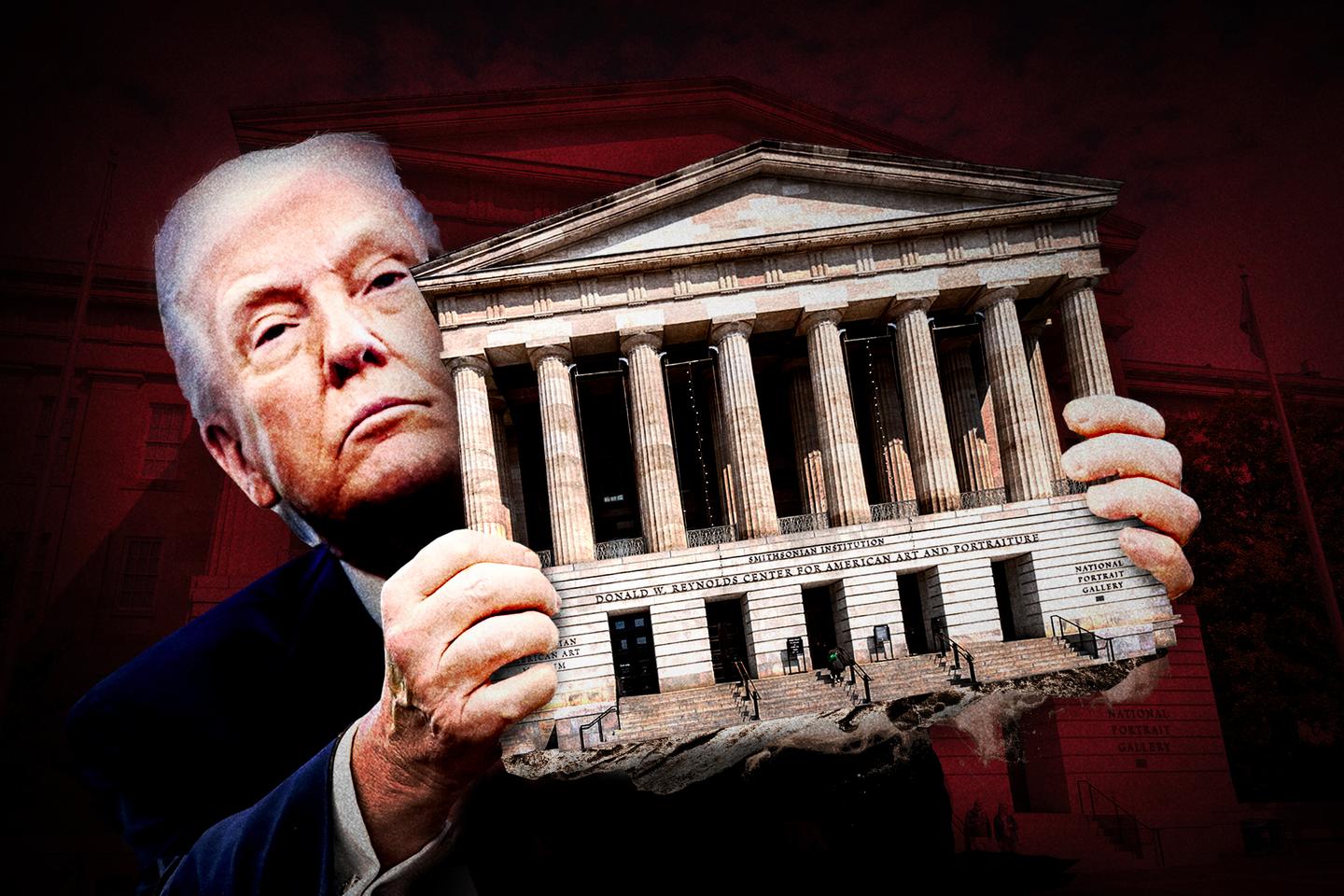Trump's Distorted Historical Narrative Fuels America's Cultural War
Editor’s Note: The ongoing debate surrounding Donald Trump's historical pronouncements and their impact on the American cultural landscape continues to intensify. This article examines the key elements of this complex issue.
Why This Matters: Understanding the Roots of Division
Donald Trump's presidency and subsequent influence on the Republican party have been marked by a distinct approach to historical narrative. This approach, characterized by selective use of facts, exaggeration, and outright falsehoods, has significantly contributed to the deepening polarization and cultural clashes within the United States. Understanding this phenomenon is crucial to navigating the current political landscape and fostering productive dialogue. This article will explore the ways in which Trump's revisionist history fuels the cultural war, examining specific examples and analyzing their broader implications. We'll delve into the consequences of this distorted narrative and explore potential pathways towards more accurate and constructive historical understanding.
Key Takeaways
| Point | Summary |
|---|---|
| Historical Revisionism | Trump's frequent misrepresentations of historical events and figures. |
| Nationalism & Identity | The role of historical narrative in shaping national identity and belonging. |
| Political Polarization | How distorted history exacerbates political divisions and fuels conflict. |
| Erosion of Trust | The impact of historical inaccuracies on public trust in institutions. |
| Pathways to Resolution | Strategies for promoting accurate historical understanding and bridging divides. |
Trump's Distorted Historical Narrative
The use of a distorted historical narrative has become a hallmark of Donald Trump's political rhetoric. This isn't simply a matter of differing interpretations; it involves the deliberate misrepresentation or omission of facts to serve a particular political agenda. Examples abound, from minimizing the severity of the January 6th insurrection to falsely claiming widespread voter fraud in the 2020 election. These are not isolated incidents but part of a broader pattern.
Key Aspects:
- Selective Use of Facts: Trump often cherry-picks historical data, focusing on aspects that support his claims while ignoring contradictory evidence.
- Exaggeration & Hyperbole: He frequently employs hyperbole and exaggeration, inflating the significance of certain events or downplaying others.
- Conspiracy Theories: His rhetoric often incorporates and promotes conspiracy theories, further distorting historical understanding.
- "Alternative Facts": He actively promotes alternative narratives, presenting them as equally valid as established historical accounts.
Detailed Analysis: The January 6th Insurrection
The events of January 6th, 2021, provide a stark example of Trump's distorted historical narrative. While extensive evidence points to his role in inciting the attack on the US Capitol, he continues to downplay its significance and even claim it was a peaceful protest. This narrative is actively perpetuated by his supporters, further entrenching political divisions. The contrast between this narrative and the factual accounts documented by multiple investigations highlights the profound consequences of historical misrepresentation.
The Role of "Fake News" and Social Media
The spread of misinformation and disinformation is amplified by social media platforms. Trump's rhetoric, often disseminated through these channels, reaches a vast audience, regardless of its accuracy. This creates an environment where factual accounts compete with fabricated narratives, making it challenging for individuals to discern truth from falsehood. This dynamic further fuels the cultural war, creating echo chambers where conflicting narratives are reinforced and validated.
The Impact on Political Discourse and Trust
The consistent use of a distorted historical narrative has had profound consequences for American political discourse. It has eroded trust in institutions, including the media and government, and created a climate of suspicion and distrust. This lack of shared understanding of historical events makes it incredibly difficult to find common ground on critical issues.
People Also Ask (NLP-Friendly Answers)
Q1: What is Trump's distorted historical narrative?
A: Trump's distorted historical narrative refers to his frequent misrepresentations, exaggerations, and omissions of historical facts to support his political agenda.
Q2: Why is this important?
A: It fuels political polarization, erodes trust in institutions, and hinders productive political discourse.
Q3: How does it benefit Trump?
A: It rallies his base, creates an "us vs. them" mentality, and helps him maintain political power.
Q4: What are the dangers of this narrative?
A: It can lead to the spread of misinformation, undermine democratic institutions, and contribute to social unrest.
Q5: How can we counter this narrative?
A: By promoting media literacy, supporting fact-checking initiatives, and engaging in constructive dialogue that emphasizes historical accuracy.
Practical Tips for Understanding Historical Narratives
- Verify Information: Always cross-reference information from multiple reliable sources.
- Identify Bias: Be aware of potential biases in news sources and historical accounts.
- Context Matters: Consider the historical context when evaluating events and claims.
- Examine Evidence: Look for credible evidence to support claims and counter-claims.
- Critical Thinking: Develop your critical thinking skills to evaluate the validity of information.
- Seek Diverse Perspectives: Read and listen to perspectives from a range of sources.
- Engage in Constructive Dialogue: Engage in respectful discussions with those who hold different views.
- Support Fact-Checking Organizations: Support organizations dedicated to verifying the accuracy of information.
Summary: Donald Trump's manipulation of historical narratives has significantly contributed to the deepening cultural divisions within the United States. Understanding this phenomenon is essential to fostering a more informed and constructive public discourse.
Closing Message: The battle over historical narratives is a crucial component of the ongoing American cultural war. By promoting media literacy and critical thinking, we can collectively work toward a more accurate and nuanced understanding of the past, paving the way for a more unified future.
Call to Action: Share this article to help spread awareness about the dangers of historical misinformation. Subscribe to our newsletter for more insightful analysis on current events and political discourse.

